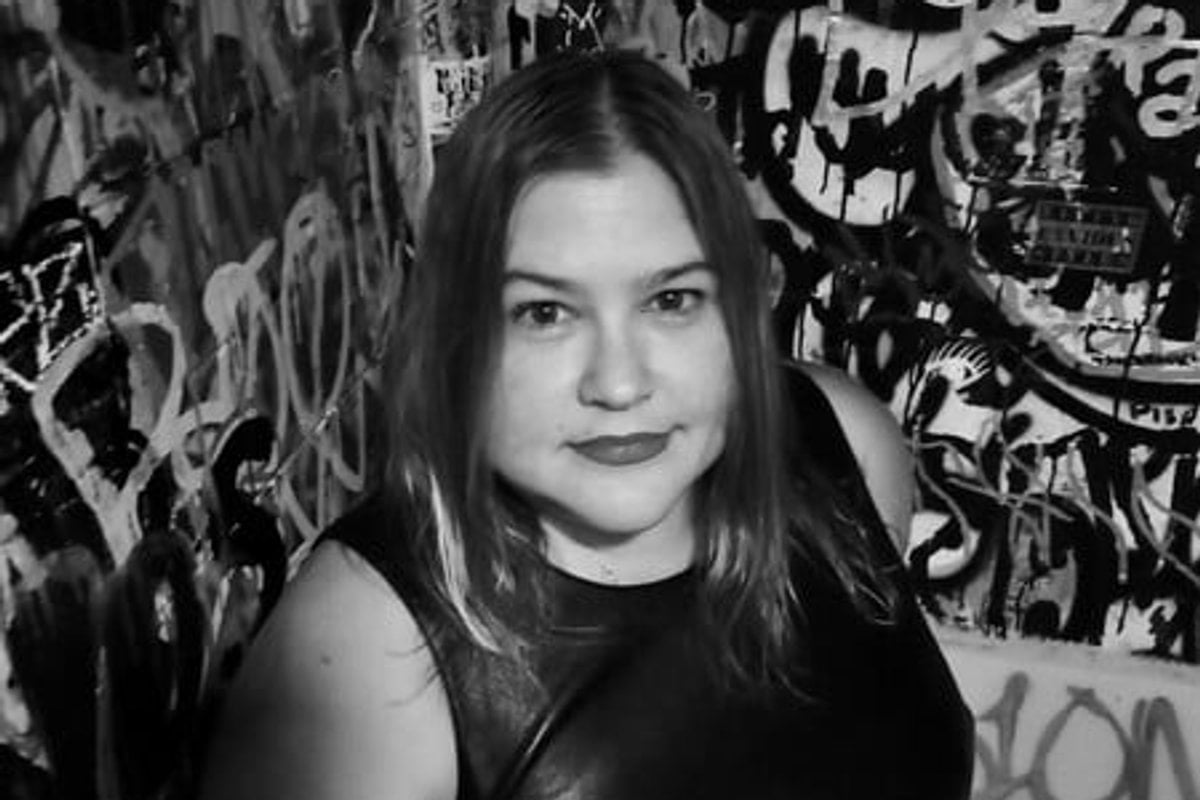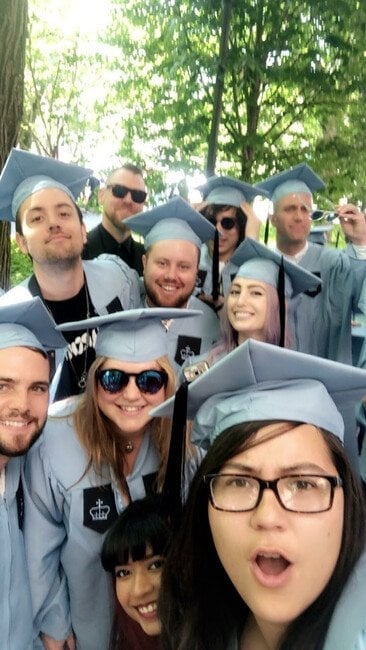
From the moment I first learnt how to write, it was all I ever wanted to do. I wanted to write novels, since I loved reading them so much, and I wanted to live in New York City.
Why, I wasn't sure actually — I was just drawn there. It called to me. It was a place where people went to follow their dreams. It sounded big and dirty and hard, and I wanted to be amongst that more than I wanted anything in the world.
But the dreams we have as children rarely end up being the dreams we follow as adults. And the older I got, the more unsure I became that I could ever pull off something so seemingly out of reach for a kid from the south side of Brisbane.
I decided to be a journalist, instead of a novelist.
It's more secure, I told myself. And it was, in the 1990s when I decided on it. In the decades since then it has become decidedly less so.
I moved to Sydney to go to university because I still craved the messy chaos of the biggest city I could find, and in Australia, that was Sydney. After I finished university, I got a cadetship in Melbourne. I still dreamed of living in New York one day, I just had to do this first.
 University Graduation. Image: Supplied
University Graduation. Image: Supplied
